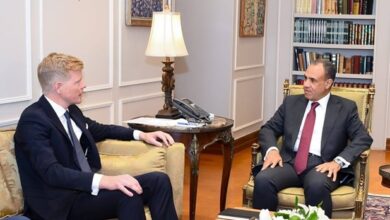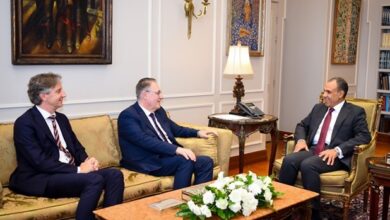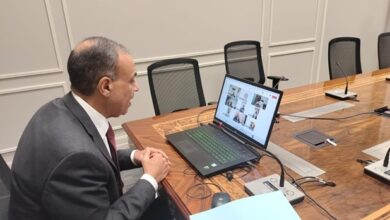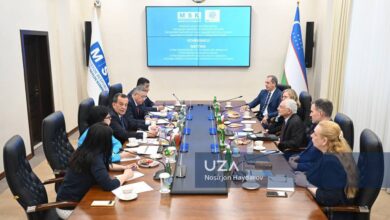Measures for the development of preschool and school education discussed
By:Hazem Abdo
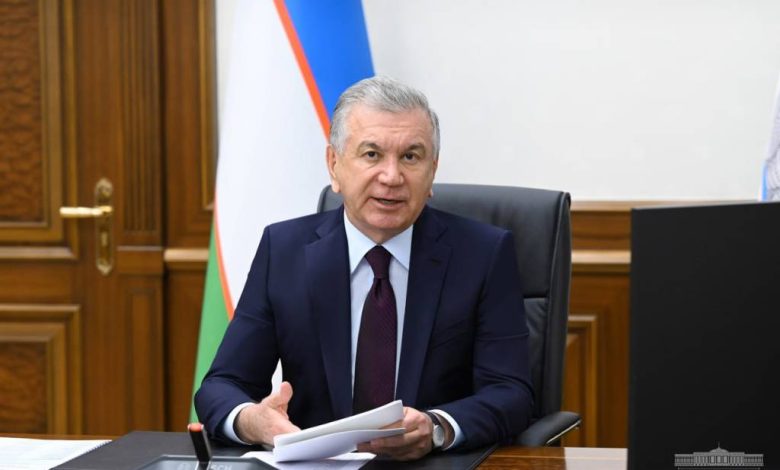
Uzbekistan president Shavkat Mirziyoyev got acquainted with the presentation of proposals for developing the preschool and school education system.
The first article of the renewed Constitution of Uzbekistan stipulates that the country is a social state. One of the main functions of such a state is to ensure the availability of quality education. For the consistent development of this area, the Ministry of Preschool and School Education was established as part of the administrative reform. Measures are being taken to structurally optimize the system, introduce modern programs, and stimulate workers in the sector.
It was noted that a new curriculum based on international experience would be introduced in the primary grades. The number of subjects in the senior classes will be reduced from 16 to 11. Inter-subject and inter-class curricula integration will be ensured by introducing 11 compulsory and two optional subjects. From the next academic year, informatics will be taught from grade 1.
Currently, 70 percent of the subjects in the curriculum have no connection with everyday life. From now on, the share of practical training will be increased from 40 to 60 percent. Topics will be taught on the example of solving a specific problem and practical lessons – project implementation.
A certification system for teachers will be created to provide schools with qualified personnel. So, a teacher entering a job will have to work for one year as a trainee teacher and receive a certificate during this period.
Tests for assigning a qualification category to teachers will be carried out in 2 stages. The first stage is assessing the candidate’s knowledge of a specialized subject. The second stage is an assessment of pedagogical skills. Teachers who have received a qualification certificate may be paid an allowance of up to 70 percent of their monthly salary.
From June 1, 2024, their wage rates will be equated to the rates applied to school teachers to attract qualified teachers to kindergartens.
Granting public education schools the right to dispose of extrabudgetary funds freely allows them to improve their material base and make additional payments to teachers. Now it is planned to extend this procedure to kindergartens and specialized schools.
A board of directors consisting of the most experienced directors will be created to form a body of qualified managerial personnel. From now on, school directors will be appointed to this position on the council’s recommendation through an open competition.
At the same time, the powers of the ministry’s district (city) departments to inspect the schools’ activities and assess the quality of education will be terminated. Requirements for the organization of private schools will be eased.
The issues of meaningful organization of children’s leisure and the opening of modern courses with the involvement of the private sector were discussed at the meeting.
The Head of state approved these proposals and instructed on transforming the system, improving the skills, and stimulating teachers.
UzA


